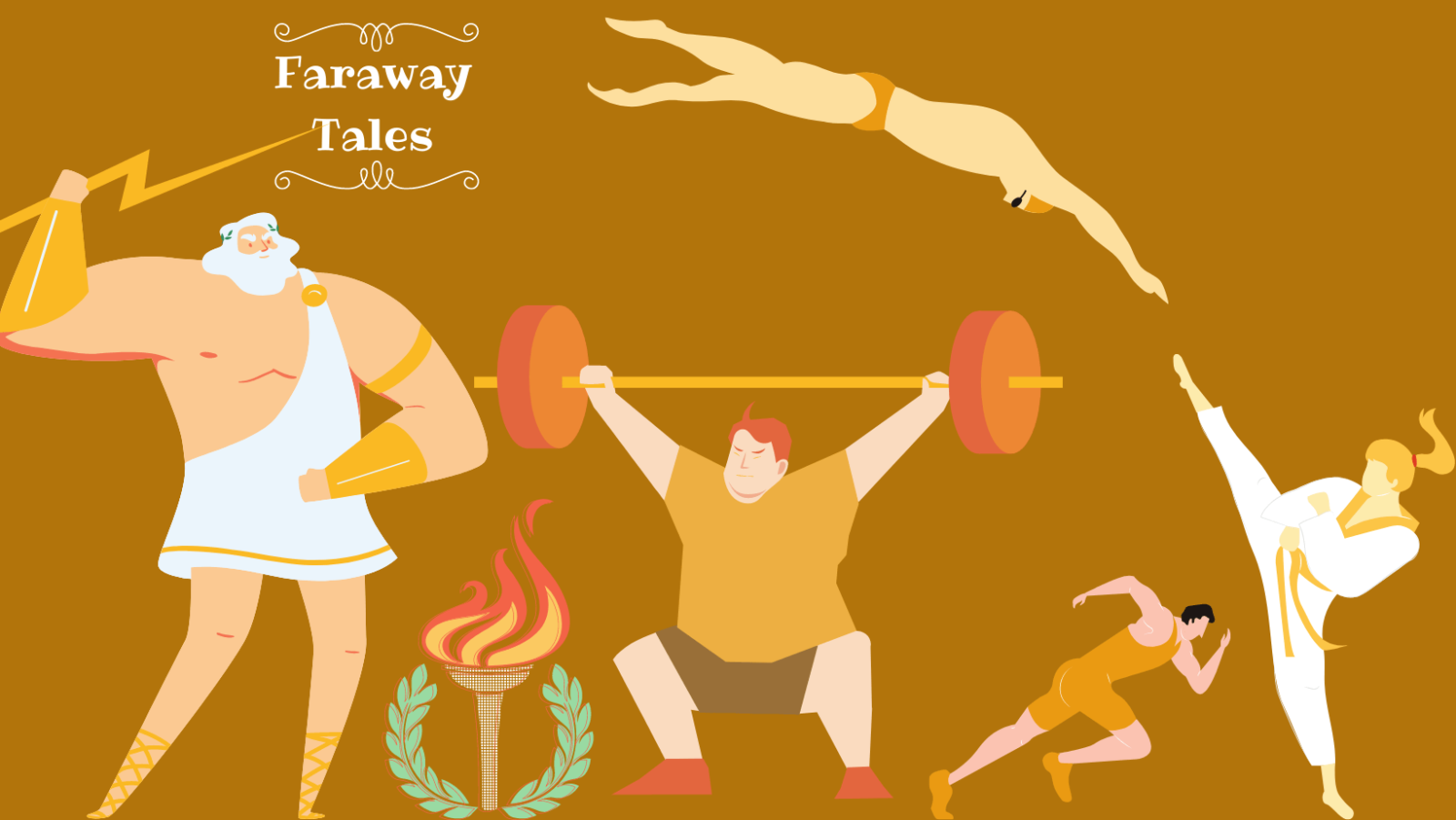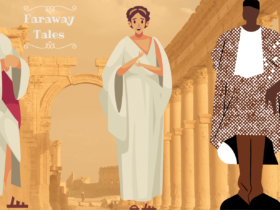The first known occurrence of ancient Olympics is in 776 BC based on inscriptions found at Olympia, Greece.
Ancient Olympics were held as a tribute to Zeus, the king of Gods in Greek mythology. There were athletic and combat events alongside ritual practices to honour Zeus.
Korobis, a cook from the neighbouring town of Elis, won the first stadion race (the now 600m sprint).
Participants from Greek kingdoms and farther kingdoms like kingdom of Spain from West and Turkey in the east participated.
The games were held for every 4 years until the Romans invaded Greece and ordered the destruction of all Greek temples and put a ban on all ‘pagan’ events.
The interest was revived almost 1500 years later, in 19th century, when a Greek billionaire philanthropist funded the Panathenaic stadium.
The games of 1896 were the first Olympic games that were held under the International Olympic Committee.
It had 60,000 spectators in the Panathenaic stadium, 280 participants f rom 12 countries. No woman participated in either the ancient or the first modern Olympics.
Contrary to popular belief, the Olympic torch relay is a more recent tradition. It was first inaugurated officially in 1928 games in Amsterdam. The games then split into summer & winter to include winter sports. Paralympics was first conceived for injured soldiers but became popular for the specially abled.
Today, the Tokyo Olympics feature 339 events in 33 sports. 10,500 torchbearers were involved in the Olympic Torch Relay.
1,656 athletes from 206 countries are participating in Tokyo Olympic
The Olympics were cancelled during World War I and II.
But, since their revival in 1896, this is the first time an Olympic games has been delayed (due to the Covid-19 pandemic)
Like (0)







Leave a Reply